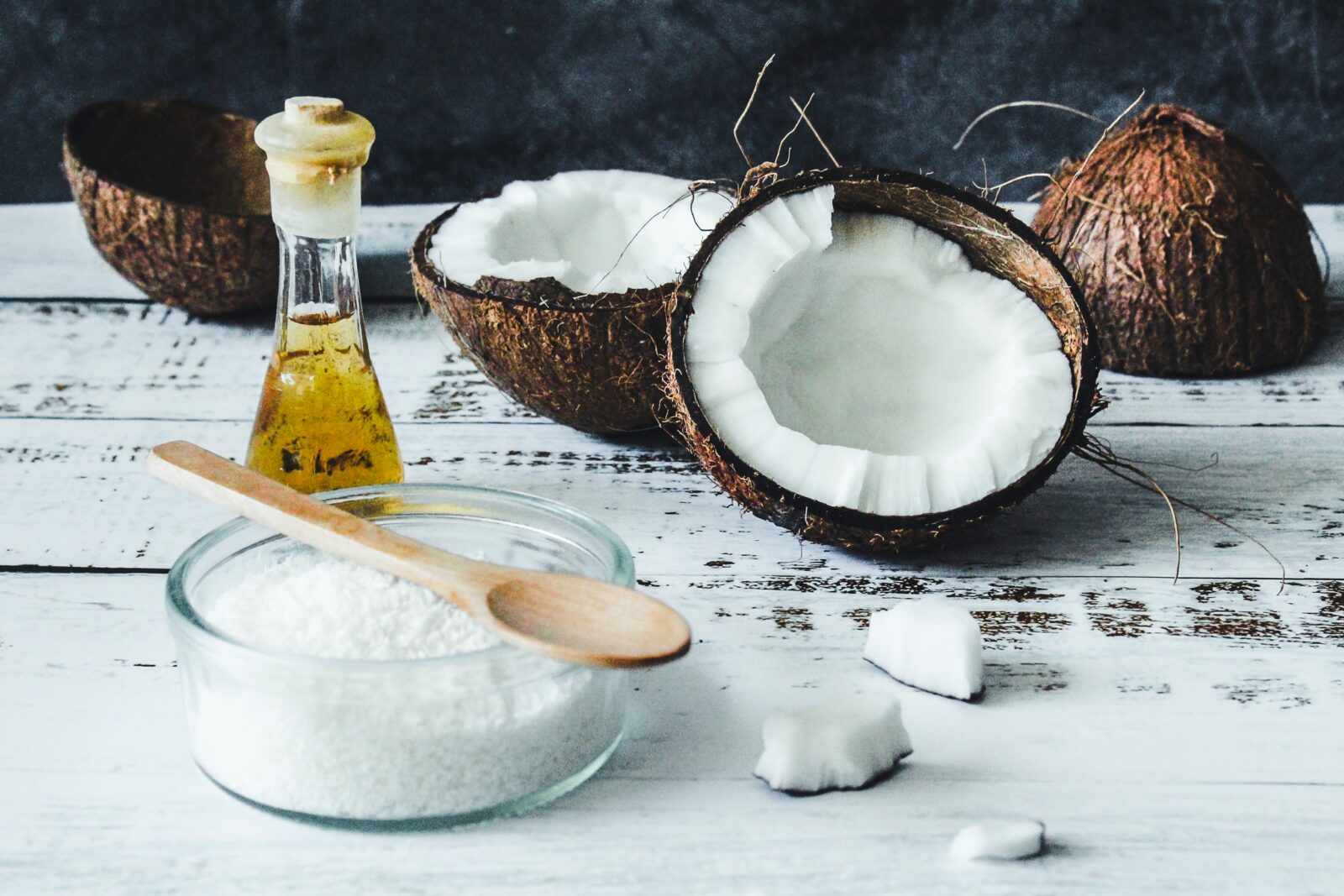If you’re a coconut oil devotee, you’ll probably want to know the difference between refined and unrefined coconut oil. Both are made from fresh coconut flesh, although refined coconut oil is processed more extensively than unrefined varieties. Run down the differences between the two and how each can impact your health.
Food Processing for Refined Coconut Oil
To be considered refined, coconut oil must go through a bleaching process that removes any impurities that may be present in the oil. These include bacteria, fungi and viruses — all of which are safe to consume but can damage the quality of the oil. During this process, companies also remove plant matter from coconut meat before extracting the oil. This makes it easier to extract as much oil as possible from a single batch of coconuts.
Although processing may improve taste and shelf life, it also strips some of the beneficial nutrients from the finished product — particularly if manufacturers use chemical solvents during extraction. Cold-pressed extraction methods don’t use these chemicals, though they do involve high-temperature processing, which destroys heat-sensitive nutrients such as vitamin E. However, cold-pressed varieties retain more nutrients than their chemically extracted counterparts.
Which one is better?
While this answer will vary from person to person, many people find that unrefined coconut oil has a much better flavor than refined oil, which some say smells and tastes like plastic. If you’re buying coconut oil for your recipes, you’ll likely want to use unrefined for the best flavor.
Refined coconut oil usually has a more neutral scent and flavor than virgin or extra-virgin oil. It’s ideal for recipes where a coconut flavor would not be desirable. Unrefined oils are preferred for their natural aroma and taste. Virgin oils are typically produced by expeller pressing (squeezing) the oil out of fresh meat, while extra-virgin versions are made by processing the resulting liquid further to remove fatty acids, moisture and other components that can affect quality.















Leave a Reply